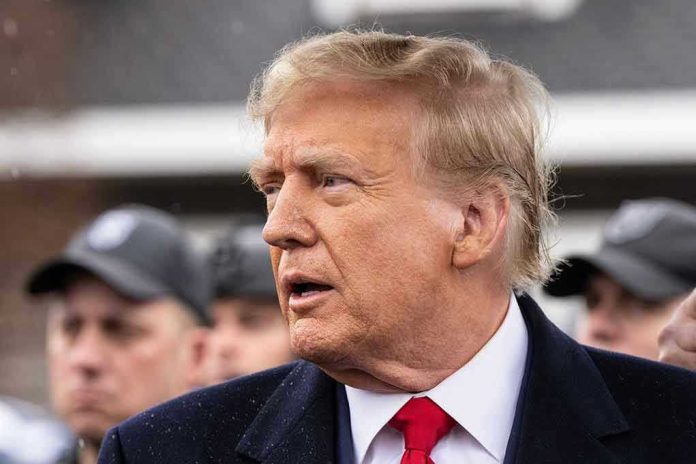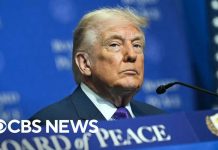
President Donald Trump has threatened to deploy U.S. military forces “guns-a-blazing” into Nigeria unless the African nation stops what he calls the systematic slaughter of Christians by Islamic terror groups.
Story Highlights
- Trump issued public threats on Truth Social demanding Nigeria protect Christians from Islamic militants
- Nigeria initially denied the scale of violence but shifted to conditionally welcoming U.S. assistance
- Over 100,000 Christians reportedly killed since 2009 by groups like Boko Haram and ISWAP
- The threat marks unprecedented U.S. intervention warning over religious persecution in Africa
A Nation Divided by Faith and Violence
Nigeria stands as Africa’s most populous country, split almost equally between Muslims in the north and Christians in the south. This demographic divide has become a fault line for violence since 2009, when Boko Haram launched its brutal campaign against government institutions and Christian communities. The terror group, alongside ISWAP and other militants, has systematically targeted churches, Christian villages, and believers with mass killings and abductions.
The Nigerian government has struggled to contain this violence, facing criticism for both inadequate response and outright denial of religiously motivated attacks. International observers have documented tens of thousands of deaths, with some estimates reaching over 100,000 Christian casualties since the violence began.
Trump’s Unprecedented Diplomatic Ultimatum
Trump’s Truth Social announcement represents a dramatic escalation in how U.S. officials address international religious persecution. His statement declared the U.S. military “stands prepared to go into Nigeria guns-a-blazing” if the killings continue, bypassing traditional diplomatic channels for direct public pressure. This approach marks a stark departure from conventional foreign policy protocols.
The timing coincided with the International Day of Prayer for the Persecuted Church, amplifying global attention on Christian suffering worldwide. Trump’s intervention strategy reflects growing frustration among American conservatives with what they perceive as insufficient international action against anti-Christian violence.
Nigeria’s Strategic Policy Reversal
The Nigerian government’s response revealed internal pressure and international vulnerability. Initially denying the scale of religiously motivated violence, officials quickly pivoted to expressing conditional openness to U.S. military assistance. This dramatic shift suggests recognition that international scrutiny could no longer be deflected through denial.
Nigerian leaders emphasized their willingness to accept American help provided their territorial integrity remained respected. This careful phrasing attempts to balance desperately needed security assistance against national sovereignty concerns, reflecting the delicate position of accepting foreign military intervention.
The Broader Stakes of Religious Freedom
Advocacy organizations like Open Doors US have long documented Nigeria’s crisis, ranking it among the world’s most dangerous places for Christians. The systematic nature of attacks suggests coordination beyond random sectarian violence, pointing to deliberate campaigns of religious cleansing in affected regions.
Trump’s intervention threat establishes potential precedent for American military action based purely on religious persecution grounds. This approach could reshape international norms around humanitarian intervention, moving beyond traditional genocide definitions to include systematic religious targeting. The implications extend far beyond Nigeria, potentially affecting U.S. engagement wherever Christian minorities face organized persecution.
Sources:
What to Know About Trump’s Threat of Military Action in Nigeria









